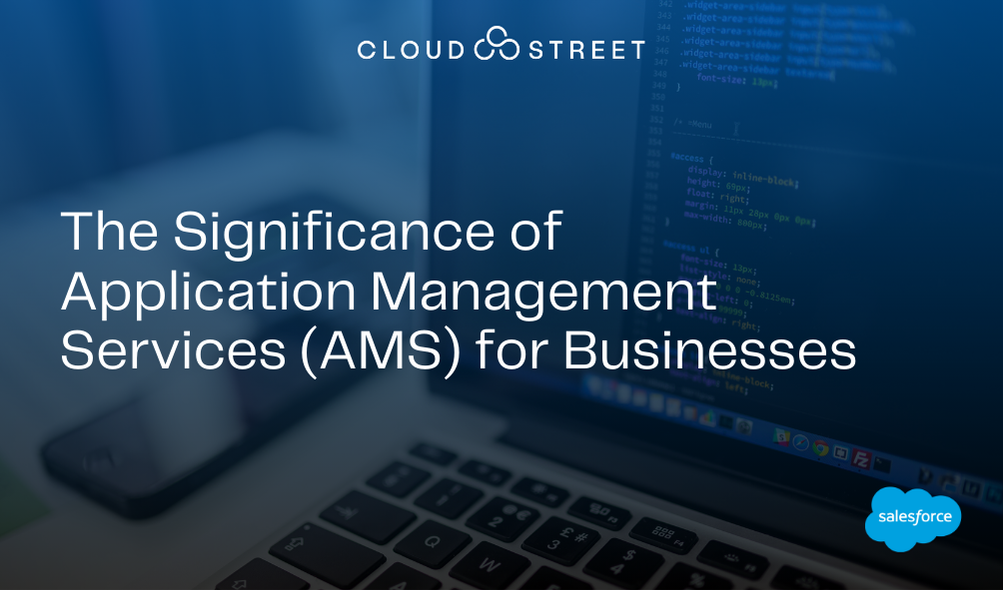The Significance of Application Management Services (AMS) for Businesses

In today’s digital age, businesses rely heavily on various applications to streamline their operations and enhance productivity. However, maintaining and managing these applications can be a complex and resource-intensive task. This is where Application Management Services (AMS) come into play, offering a valuable solution for organizations seeking to optimize their IT infrastructure and application performance.
Understanding AMS
AMS, which stands for Application Management Services, refers to the practice of outsourcing IT and application management to a third-party provider. The primary goal of an AMS provider is to ensure that a company’s systems run more efficiently through application enhancements, upgrades, and optimizations. By leveraging the expertise of an AMS provider, businesses can overcome challenges related to the costs and work required to maintain their information technology applications.
Key Benefits of AMS
One of the key advantages of AMS is its cost-effectiveness. By outsourcing their AMS needs, businesses can save money by paying strictly for the services provided. This eliminates the need to invest in resources such as computers, software licenses, upgrades, and networking equipment. Additionally, AMS providers offer timely support, providing 24/7 assistance to ensure that systems operate optimally and any downtime is minimized.
How AMS Works
AMS providers play a crucial role in monitoring and managing applications. This involves logging all IT solutions used by the company and providing seamless support as issues arise. Furthermore, AMS providers may assist in the adoption of new applications by installing, configuring, and testing solutions before they are rolled out to the team. Their goal is to keep systems running optimally and prevent problems by scheduling software updates and testing systems regularly.
Types of AMS
AMS can be categorized into specific types of requests and services, including service requests, incidents, routine tasks, and enhancement hours. These encompass a wide range of support activities, from addressing incidents where applications are not working properly to scheduling system upgrades to minimize potential downtime.
Choosing an AMS Provider
When selecting an AMS provider, businesses should consider several factors. These include the provider’s business model, scalability, and the presence of an account manager to serve as the point of contact. It’s also essential to choose a provider with a proven track record and a reputation for success and service.
Conclusion
In conclusion, AMS is an essential component of any business that relies on applications for its everyday operations. By leveraging the expertise of an AMS provider, companies can ensure that their applications are up to date, while also addressing bugs and other issues that may arise. Whether it’s a small business or an enterprise-level company, the benefits of AMS are significant, making it a cost-effective and efficient solution for maintaining critical software systems.
In summary, Application Management Services (AMS) play a crucial role in ensuring the efficient functioning of a company’s critical software systems. By outsourcing IT and application management to a third-party provider, businesses can benefit from cost-effectiveness, expertise, and timely support, ultimately enhancing their overall operations and productivity.
Discover insights that drive results - explore out latest blog posts now
Unlocking B2B Success with Salesforce Experience Cloud
Unlocking B2B Success with Salesforce Experience Cloud In today’s [...]
Future-Ready: How AI is Shaping the Mid-Market Manufacturing Landscape
Future-Ready: How AI is Shaping the Mid-Market Manufacturing Landscape [...]
Drowning in Data? Get Expert Data Entry Help for Only $9/Hour!
Data overload slowing you down? Spending too much valuable [...]


